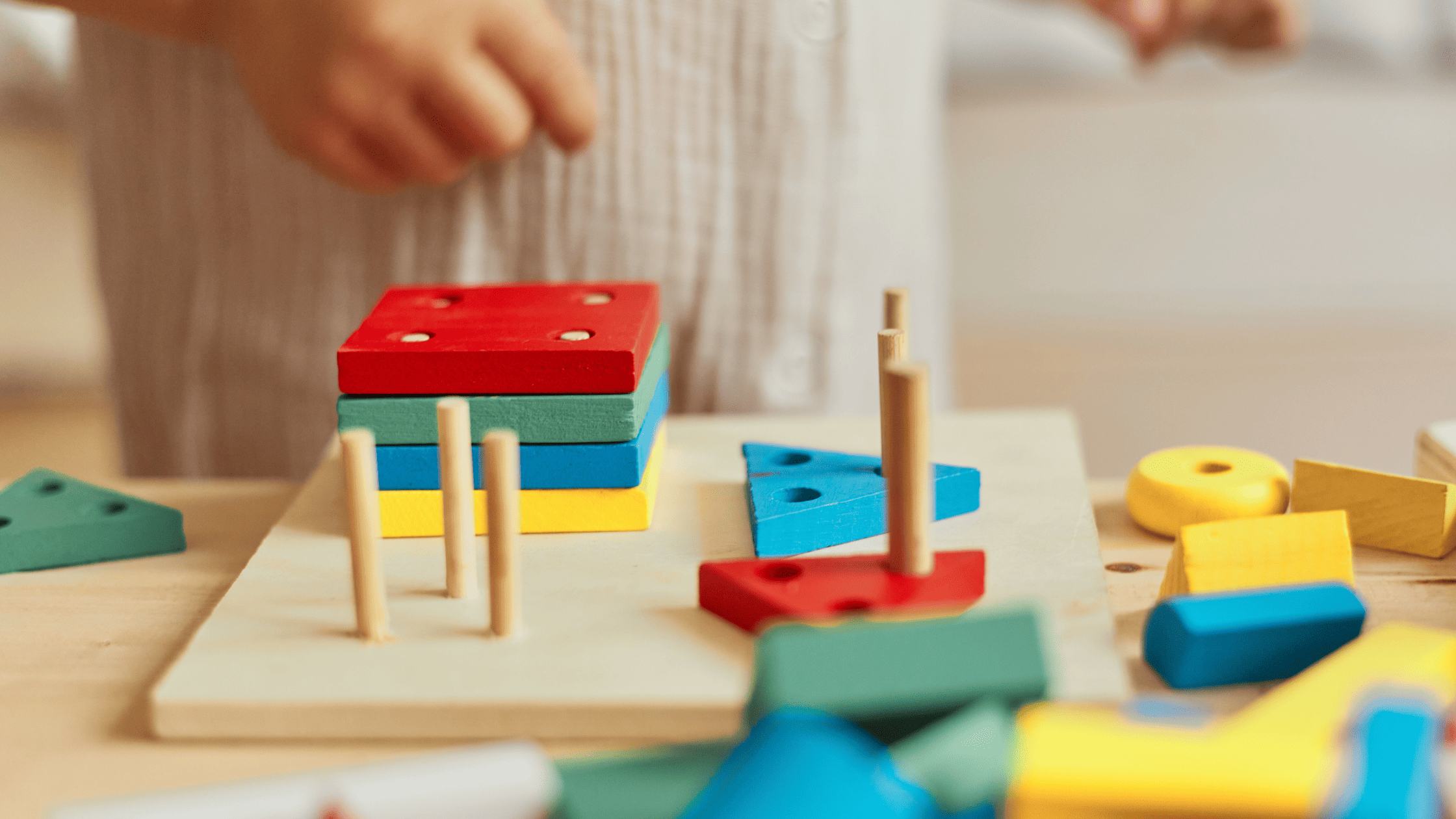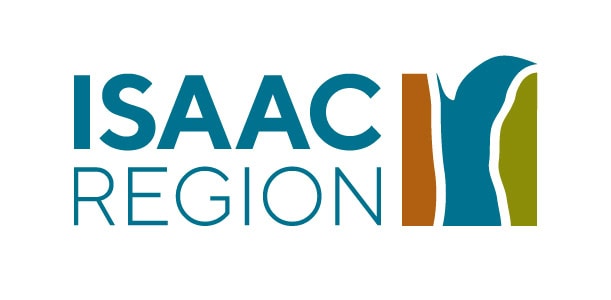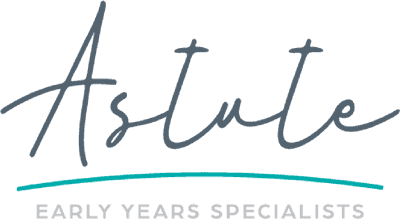
Quality, sustainable early childhood education and care (ECEC) helps to lay a strong foundation for a bright and prosperous future for all. It goes beyond the confines of an individual or a service, extending its impact to the entire community. ECEC shapes the very essence of our society, and it has the potential to create communities that are capable, empathetic, and empowered. In this blog, we will explore why it is vital for the entire community to care about ECEC.
Critical Development Phase
Early childhood, typically from birth to eight years old, is a phase of unparalleled growth and development. During this period, a child’s brain undergoes rapid development, forming neural connections at an astonishing rate. The quality of experiences and interactions during these formative years profoundly influences a child’s cognitive, emotional, and social development. A community that invests in ECEC ensures that its youngest citizens have the care and support they need now to enable them to build a solid and positive foundation on which to build their lives.
Long-Term Impact
A child’s experiences in the early years literally builds their brain and lays the foundation for their future health, well-being, social and economic outcomes. And when every individual is given the opportunity to build a strong and supportive foundation, the entire community benefits. Research from around the world consistently shows that when children are engaged in high-quality ECEC they have better outcomes across all areas of life.
A Thriving and Prosperous Community
When adults can access quality ECEC for their children they can start or return to work or study, and this contributes greatly to the community. Stable and sustainable ECEC allows nurses, doctors, teachers, engineers, farmers, truck drivers, baristas, vets, biologists, scientists, journalists, grocery store staff, aged care staff, and all of the other professionals and workers we rely on to be working and sharing their skills with all of us. Looking to the future, ECEC helps children build critical skills they need for life, including communication, problem-solving, and collaboration. When a community prioritises ECEC, it sets the stage for creating a skilled, engaged and productive community that is vital for health, well-being, growth and innovation.
Social Cohesion and Empathy
ECEC is not about academic learning; it’s about nurturing a child’s innate curiosity and desire to learn, and helping them to build and grow their social and emotional skills. Children in quality ECEC settings are able to follow their interests, learn about the world around them, and build important skills to enable them to interact with others, resolve conflicts, and develop empathy. These skills are the building blocks of a compassionate and harmonious community. When children are taught to understand and respect differences from an early age, it paves the way for a more inclusive society.
Family Involvement and Support
Communities that emphasise ECEC often provide resources and support for parents, guardians, and families as well. Family involvement is crucial during a child’s early years, and when they are equipped with the knowledge and tools to support a child’s development, the entire community benefits. Strong family bonds, created through ECEC initiatives, create a network of support that extends beyond the service.
Breaking the Cycle of Disadvantage
ECEC has the power to break the cycle of disadvantage. It can provide children from disadvantaged or marginalised backgrounds with an equal opportunity to succeed in life. By offering quality education and support a community can empower every child to reach their full potential. This, in turn, leads to a more equitable society with reduced disparities.
ECEC is a shared responsibility that transcends the confines of individual households, or services. It requires the collective effort of families, educators, policymakers, and the entire community. By investing in ECEC we are not only shaping the future of our children but also crafting a stronger, more prosperous, and compassionate society. When a community comes together to prioritise the well-being and development of its youngest members, the benefits ripple out for generations to come.
We talk more about the long-term benefits of Early Childhood Education and Care here.












